
Speakers
Speakers in alphabetical order

Airulo, Gaia
Directorate-General for Research and Innovation (DG RTD) of the European Commission
Gaia Airulo is a policy officer at the Directorate-General for Research and Innovation (DG RTD) of the European Commission, where she works on international cooperation in science, technology, and innovation and on research security. DG RTD is responsible for EU policy on research, science and innovation, with a view to help create growth and jobs and tackle societal challenges. Gaia has worked on developing and implementing policies to redefine research and innovation cooperation with China and has contributed to the Commission’s endeavour to upgrade independent knowledge on contemporary China in Europe through the EU’s key funding programme Horizon Europe. She has also been active in enhancing research security, in line with the Council’s recommendation on enhancing research security in Europe, in the framework of the European Economic Security Strategy.
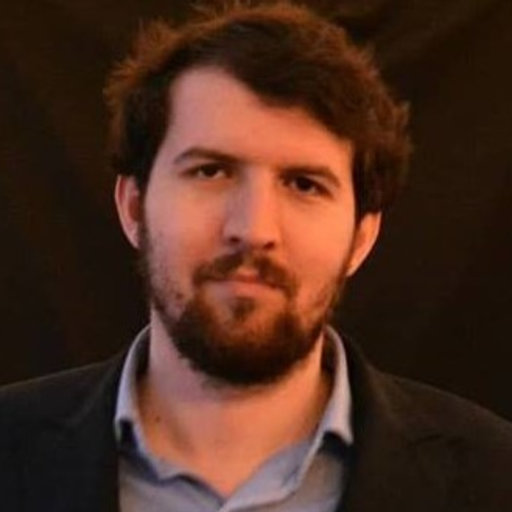
Alfieri, Luca
Politecnico di Milano
University of Tartu
Luca Alfieri is a Postdoctoral Researcher at Politecnico di Milano, Italy, and a Visiting Lecturer at the University of Tartu, Estonia. He obtained a bachelor’s degree in Development Economics in 2007 and a master’s degree in Local Development in 2009, both from the University of Parma, Italy. He also earned a second master’s degree in Macroeconomics and European Policies from Strasbourg University, France, in 2012. In 2016, he was accepted into the Advanced Studies Program of the Kiel Institute for the World Economy, Germany, and obtained the Certificate of International Economic Policy Research in May 2017.
Luca has been a visiting researcher at the Bank of Estonia (October 2020 to February 2021) and at the Vienna Institute for International Economic Studies (January 2022 to July 2022). He is involved in various national and European research projects. He is currently completing his PhD (School of Economics and Business Administration, University of Tartu). His PhD research focuses on macroeconomic applications using Big Data and machine learning methods, with additional interests in international trade, monetary economics, Asian economies, and the future of work and workplaces.

Andresson, Patrik
Swedish National China Centre
Andresson, Partik is an analyst at the Swedish National China Centre of the Swedish Institute of International Affairs, where he focuses on China’s domestic and foreign policy. His research has delved into how China’s demand for strategic minerals and resources shapes its geopolitical strategies in the Arctic, with a particular emphasis on the Belt and Road Initiative’s Polar Silk Road. Andersson has a PhD from Aalborg University, where his thesis examined Chinese mining companies’ approaches to Arctic resources. He previously worked at the Danish Institute for International Studies and has published on topics such as China’s Arctic policies and security concerns in the region.

Aubié, Hermann
University of Turku
Hermann Aubié is a senior researcher at the Centre for East Asian Studies at the University of Turku. His research interests include human rights, civil society, and political reform in China, with a focus on constitutionalism and dissent. Aubié has explored topics such as disability rights advocacy in China and the legacy of Chinese dissidents like Liu Xiaobo. He is also engaged in projects related to China’s international relations, including the ReConnect China initiative, which aims to deepen Europe’s understanding of contemporary China.

Brugner, Philipp
Centre for Social Innovation
Philipp Brugner is a project manager and researcher at the Centre for Social Innovation (ZSI) in Vienna, where he specializes in EU research and innovation policies, responsible internationalisation, research security and cultural heritage management. He has worked in EU-funded projects since 2014 together with representatives from academia, think tanks, industry, public authorities and civil society. Brugner regularly works on the generation, impact and exploitation of research and innovation results, amongst others in the ReConnect China project. His work on research security with China in Europe will be published in an international handbook on security studies in 2025, together with Gábor Szüdi. His academic background is in Russian Studies and Political Science at the University of Vienna.

Bunskoek, Raoul
Clingendael Institute
Raoul Bunskoek is the head of the Clingendael China Centre and a Senior Research Fellow at the Netherlands Institute of International Relations Clingendael, where he took on the leadership role in February 2024. His research focuses on China’s foreign policy, international political economy, and development practices, particularly in Africa, including the Belt and Road Initiative. Bunskoek previously worked with the INFRAGLOB project at the University of Bayreuth, examining the impact of Chinese infrastructure projects on global governance. He holds degrees in Political Science and International Relations from National Taiwan University and has extensive fieldwork experience in China and Africa.

Cianforlini, Matteo
University of Bologna
Matteo Cianforlini is a PhD candidate at the Department of Political and Social Sciences at the University of Bologna. He holds a Bachelor of Arts in International and Diplomatic Sciences and a Master of Arts in International Politics and Economics, both from the University of Bologna. His research delves into the increasing complexity of the international development finance regime, particularly focusing on the newest Multilateral Development Banks (MDBs), including the Asian Infrastructure Investment Bank (AIIB) and the New Development Bank (NDB). His work explores how these institutions, established in response to evolving global power dynamics, interact with and potentially reshape the existing structures of international development finance.

de Decker, Victor
Egmont Institute
de Decker, Victor is a Research Fellow in the Europe in the World Programme at the Egmont Institute, focusing on geoeconomics, economic security, and international political economy. His work particularly addresses Europe’s strategic autonomy, economic statecraft, and the shifting dynamics of global economic power, with a focus on Asia. Before joining Elcano, De Decker was affiliated with the Egmont Institute, where he contributed to projects on economic security and geopolitical strategy in Belgium and Europe. He also participates in European think tank networks and research projects related to economic vulnerabilities and policy responses.
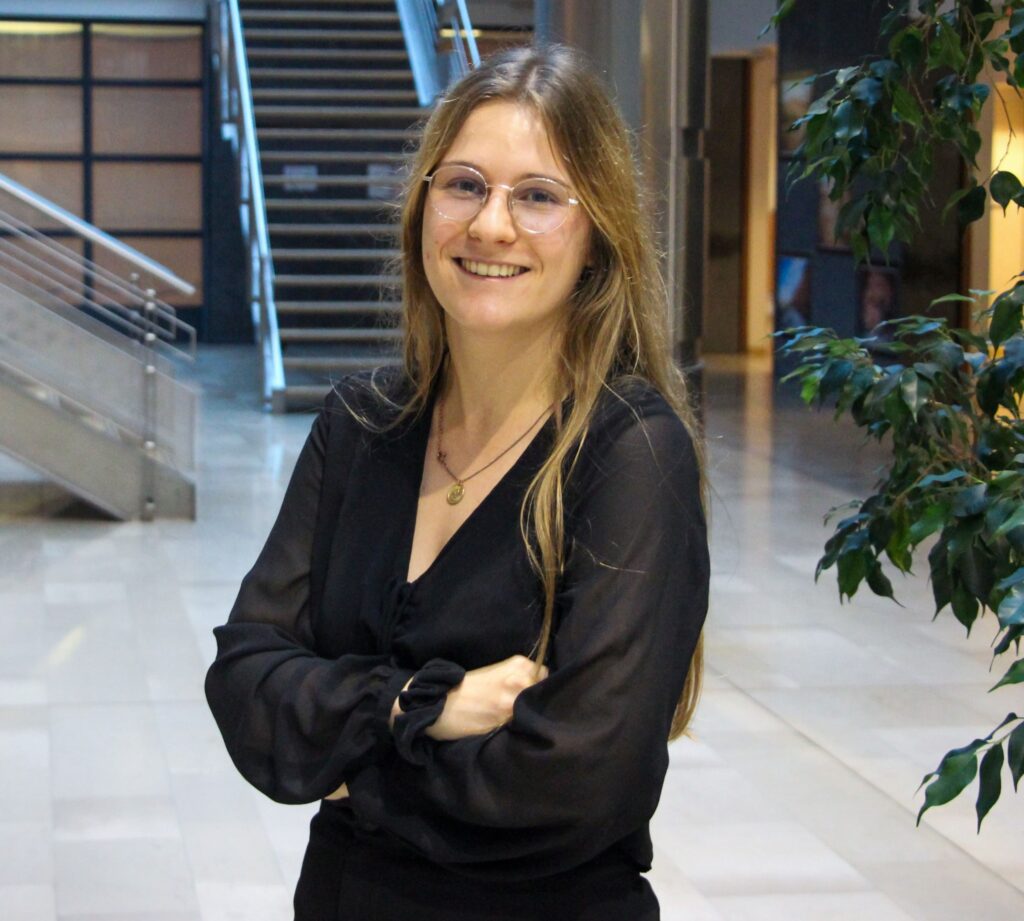
Dedene, Anne-Marie
Vrije University Brussel
Anne-Marie Dedene is a sinologist and PhD researcher in the Department of Political Science at Vrije Universiteit Brussel. Her research focuses on the People’s Republic of China’s maritime power build-up in the economic domain, using the framework of Global Value Chains theory. She has published her findings in journals such as the Journal of Territorial and Maritime Studies and the Journal of Contemporary China.

Dessein, Bart
Ghent University
Bart Dessein is a full professor in the Department of Chinese Language and Culture at Ghent University, where he heads the research group “East Asian Culture in Perspective: Identity, Historical Consciousness, Modernity.” He specializes in Buddhist philosophy, particularly early schools such as Sarvāstivāda, and the history of Buddhism in China. Dessein is also interested in Chinese political philosophy and the interaction between Confucianism and Buddhism. His recent work examines China’s geopolitical strategies and the evolving role of Confucianism in modern Chinese society.

Gallelli, Beatrice
Institute of International Affairs, IAI
Gallelli, Beatrice is a Research Fellow at the Istituto Affari Internazionali (IAI) and a Fixed-Term Assistant Professor at Ca’ Foscari University in Venice. Her research primarily focuses on contemporary China’s political discourse and official narratives, but she has also worked on the Belt and Road Initiative’s impact on Italy as well as EU-China and Italy-China relations more broadly. Gallelli has contributed to projects like the Sinophone Borderlands Survey, which examines European perceptions of China and has coordinated a number of projects on China. She has recently analysed the continuities and changes in contemporary Chinese political discourse through a keyword approach and frequently publishes on Chinese official narratives and geopolitics.

Göbel, Christian
University of Vienna
Christian Göbel is a University Professor of Modern China Studies at the University of Vienna’s Department of East Asian Studies. His research specializes in state-society relations, digital governance, and authoritarian resilience in China and Taiwan, focusing on how the Chinese Communist Party adapts to social and political challenges. Göbel has led several major projects, including an ERC-funded study on regime responsiveness and the impact of e-participation in China. He also explores topics such as policy innovation and the role of technology in citizen-state interactions. Prior to his current position, he held academic roles at Heidelberg University and Lund University.
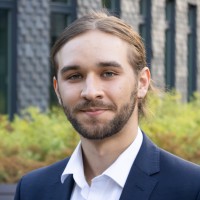
Hanso, Toomas
International Centre for Defence and Security
Toomas Hanso is a Junior Research Fellow at the International Centre for Defence and Security (ICDS) in Estonia. His research focuses on China, its domestic and foreign policy as well as international relations. With a background in defence analysis and strategic planning, he has contributed to various projects aimed at enhancing Estonia’s national security and strengthening international defence cooperation.
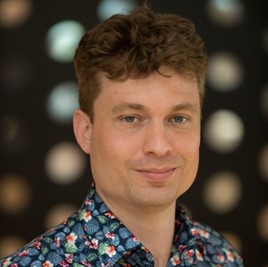
Hemminga, Laurens
University of Groningen
Laurens Hemminga is a researcher at the Centre for East Asian Studies Groningen (CEASG) and a key figure in projects related to EU-China relations at the University of Groningen. His research addresses the historical and economic aspects of Sino-European relations, particularly during the reform era under Deng Xiaoping. He is involved in organizing discussions on the evolving EU-China relationship.
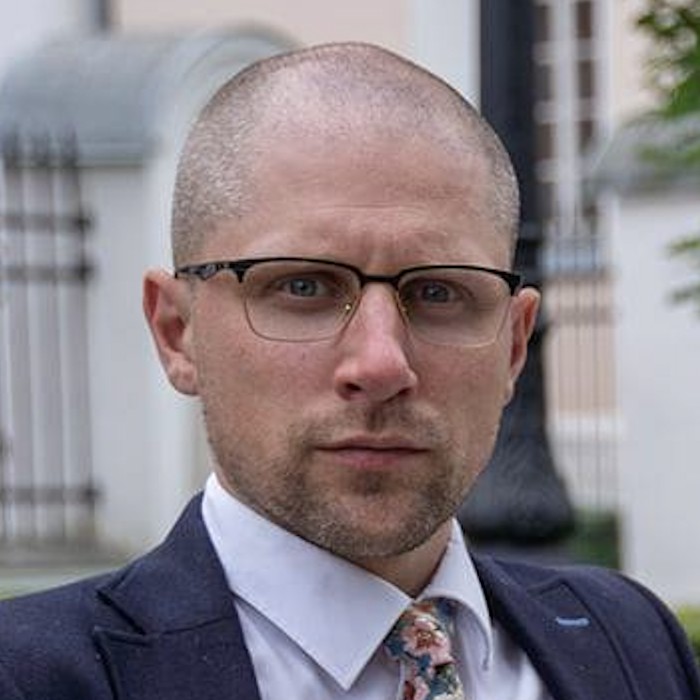
Hõbepappel, Urmas
University of Tartu Asia Centre
Urmas Hõbepappel is an analyst at the University of Tartu’s Asia Centre. His research focuses on Chinese nationalism, history politics, and influence strategies, particularly its soft power and hybrid threats, including technology dependence and propaganda. Hõbepappel has contributed to reports assessing Estonia-China relations and often discusses the geopolitical implications of China’s rising global ambitions. He is actively involved in examining the influence of Chinese policies on Eastern Europe and Estonia, especially in relation to security and foreign policy issues.
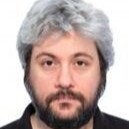
Insisa, Aurelio
Institute of International Affairs, IAI
Aurelio Insisa is Senior Research Fellow for Asia at the Istituto Affari Internazionali (IAI). His research portfolio covers the foreign policy of the PRC (with a focus on China’s relations with the EU and its member states) and Indo-Pacific security, as well as cross-strait relations between Beijing and Taipei. His main fields of expertise are Chinese propaganda, strategic communications, and hybrid threats/grey zone operations, as well as connectivity and economic statecraft. Aurelio holds a PhD in Chinese history from the University of Hong Kong (HKU), taught Chinese and Asian history at HKU for six academic years, and was a 2023-24 Jean Monnet Fellow at the European University Institute.
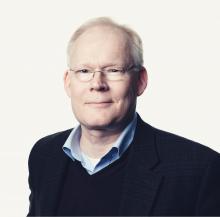
Kokko, Ari
Copenhagen Business School
Ari Kokko is a Professor of International Business at Copenhagen Business School, where he has also served as the Director of the Asia Research Centre. His research interests include economic development, international trade, and the internationalization of innovation, with a special focus on the role of foreign direct investment (FDI) in technology transfer and economic growth. Kokko has held various academic positions across Nordic countries and is widely published on topics like the impact of global value chains and technological catching-up in emerging economies. In his recent work, Kokko examines policy issues related to international trade and trade agreements.
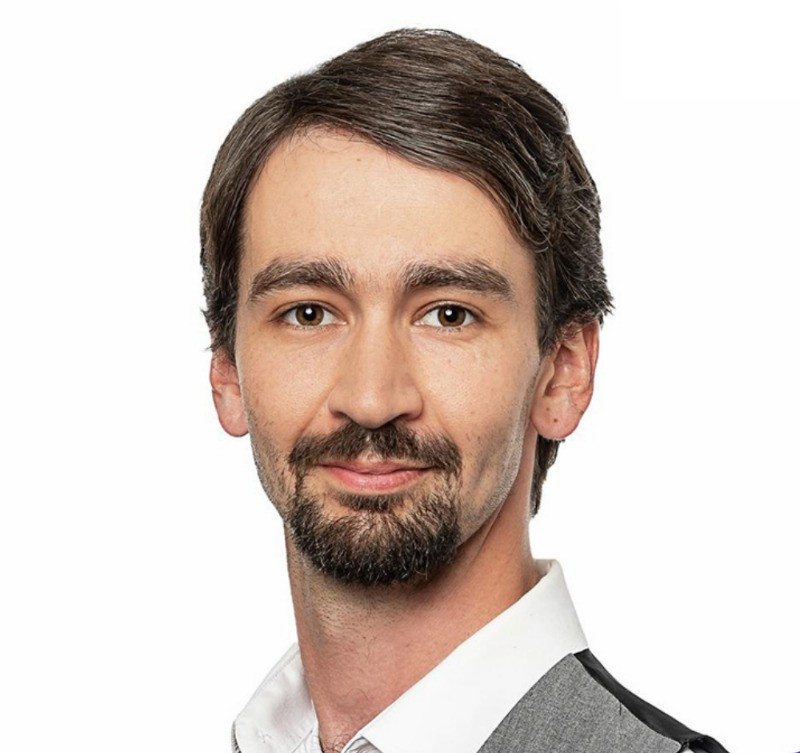
Koutchoukali, Imar
Estonian Ministry of Foreign Affairs
Imar Koutchoukali works as a science advisor at the Ministry of Foreign Affairs of the Republic of Estonia. In his professional capacity, he works on topics related to science diplomacy, inter-EU scientific cooperation and research security. His academic research focuses on the development of Islam in late antiquity, particularly its linguistic and socio-cultural context.

Kruppa, Karolina
Jagiellonian University
Kruppa, Karolina Karolina Krupa is a PhD candidate at the Institute of the Middle and Far East at Jagiellonian University. She holds a degree in Sinology and Asian Strategic Studies. During her master‘s studies, she participated in an exchange program at Beijing Foreign Studies University, where she studied Sinology and International Relations. Currently, she works at the Confucius Institute of Jagiellonian University, where she teaches Chinese language and coordinates the organization of academic and cultural events. Her doctoral dissertation focuses on the analysis of contemporary Sino-American relations from the perspective of neoclassical realism, with particular emphasis on ideational factors.
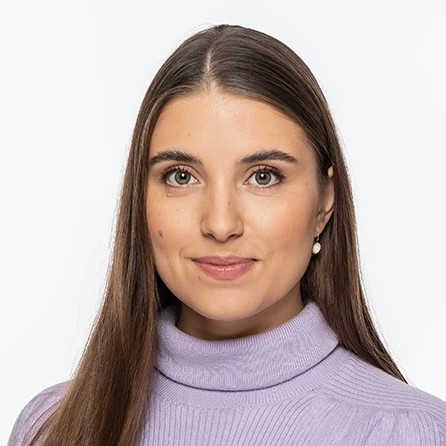
Lahe, Hanah
Estonian Parliament
Hanah Lahe is a Member of the Estonian Parliament and one of its youngest members, representing the Reform Party. Her work focuses on climate policy, sustainability, and youth engagement in politics. Lahe has actively supported reforms in energy, waste management, and transportation to accelerate Estonia’s transition to a green economy, aiming for climate neutrality by 2050. She is also a vocal advocate for integrating climate resilience in urban planning and infrastructure development. Lahe’s activism extends to international forums, including COP27, where she emphasized youth involvement in climate action.
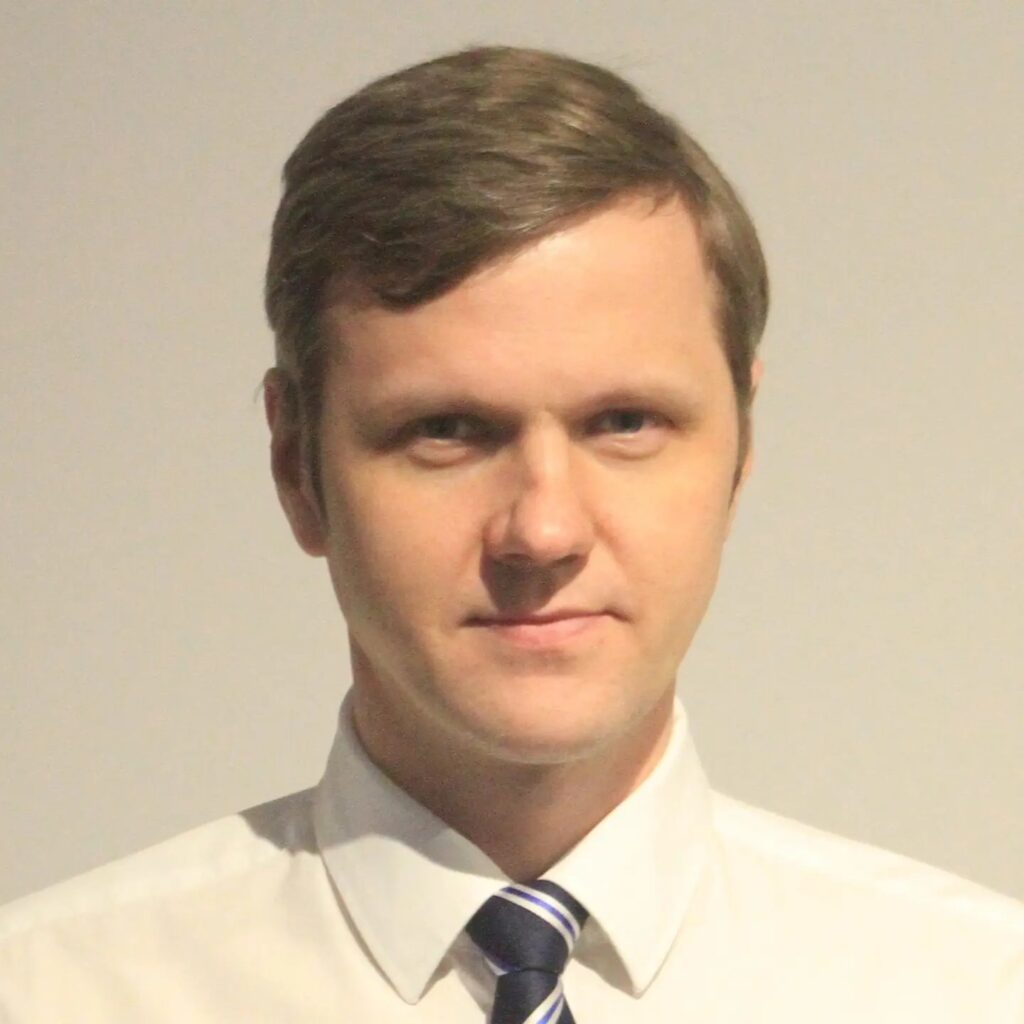
Leino, Leslie
Tallinn University
Leslie Leino is an expert in Chinese politics and international relations and currently is a visiting research fellow at Tallinn University. He focuses on China’s foreign policy and its impact on Europe. Leslie is a well-regarded commentator and analyst, frequently providing insights on China’s political dynamics and its influence on global affairs. Having lived and worked extensively in China, he has gained firsthand experience and deep knowledge of the country’s political landscape. He regularly contributes to media outlets and academic discussions on EU-China relations, security issues, and China’s strategic objectives.
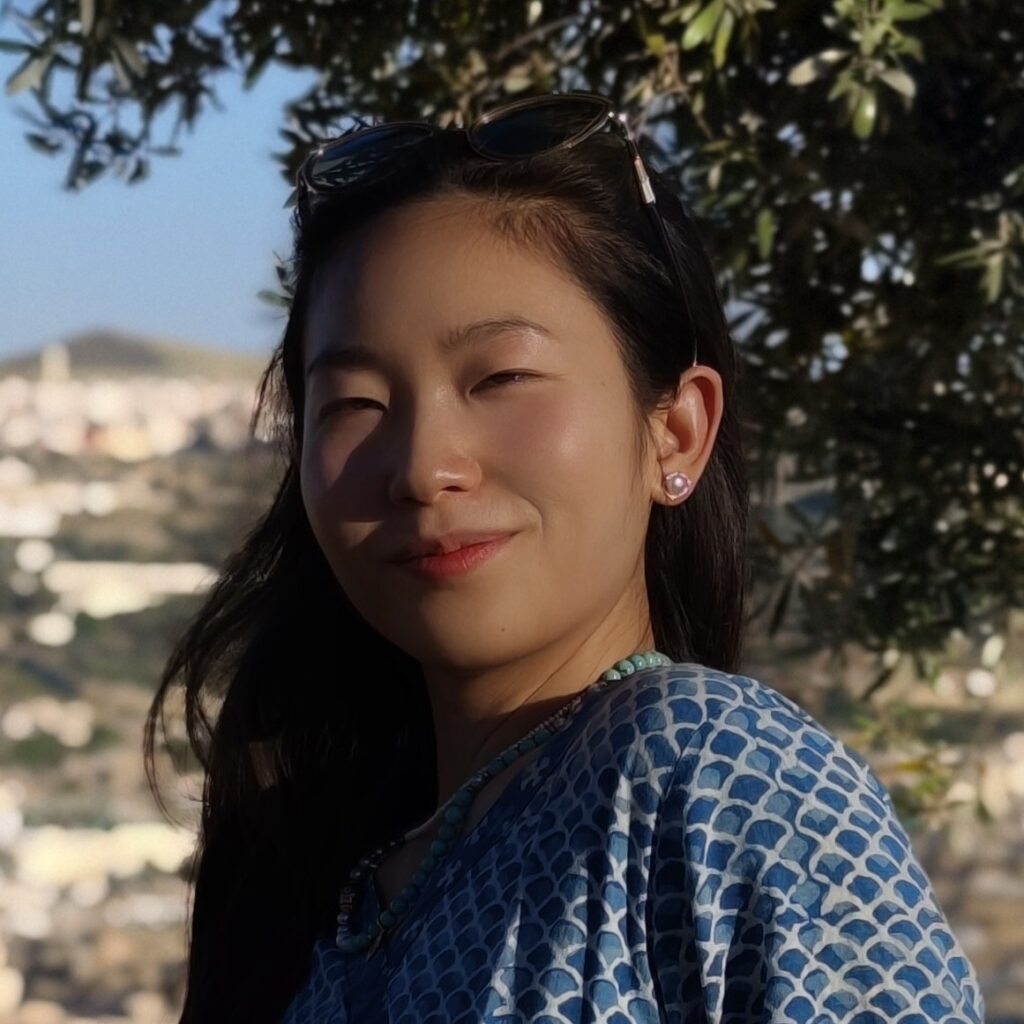
Liu, Sixuan
University of Macerata
Copenhagen Business School
Sixuan Liu is a PhD Fellow at the Department of Law at the University of Macerata (Italy). Her PhD project focuses on the legal and economic evolution of Chinese Special Economic Zones (SEZs) from a historical perspective. Specifically, she is interested in whether and how the Italian Concession of Tianjin and its legal evolution have promoted Italian direct investments in China and generated elements that continue to influence it today. She aims to explore how the legal and economic evolution of SEZs in China laid the foundations for its commercial openness to the outside world, particularly in the case of Italy. She has an MSc in Italian language and literature from Beijing Foreign Studies University and has translated seven books from Italian to Mandarin Chinese. She is a co-founder of Moda Metrics, a startup focused on developing AI-driven applications for the fashion industry. She also has prior work experience as an analyst at the Observatory of Digital Export at Politecnico di Milano, as well as Italian news editor for China Central Television (CCTV).
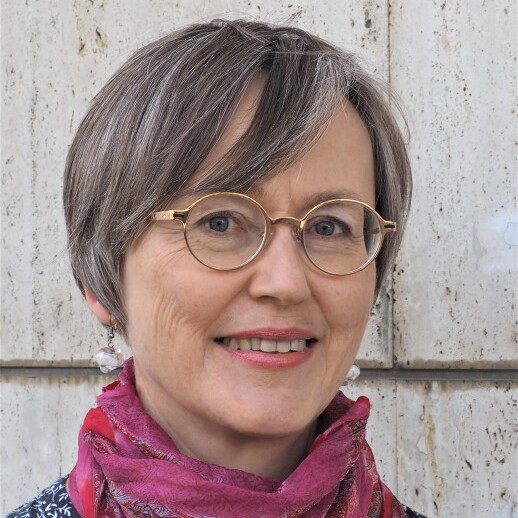
Luova, Outi
University of Turku
Outi Luova is the Vice-Director of the Centre for East Asian Studies at the University of Turku, Finland. She specializes in China’s environmental governance, urbanization, and migration policies, with a strong focus on the country’s social and political transformations. She has conducted extensive fieldwork in China and has published widely on the intersections of environmental challenges and policy reforms in the region. In addition to her research, she actively contributes to educational exchange programs between Europe and China. Her expertise bridges academic research and practical insights into China’s evolving role in global environmental and governance issues.

Maremonti, Francesca
Institute of International Affairs, IAI
Francesca Maremonti is a researcher at the Istituto Affari Internazionali (IAI) in the Multilateralism and Global Governance program. Her research focuses on digital governance, international economics, and development, with an emphasis on global challenges and international cooperation. Before joining IAI, she worked at the International Institute for Strategic Studies (IISS) in Berlin, where she contributed to projects on European security, defence, and China’s geopolitical strategies. Maremonti holds a Master’s degree in International Politics from SOAS University of London and a Bachelor’s degree from Ca’ Foscari University of Venice, including studies at East China Normal University in Shanghai.

Martin, Xiaxue
Clingendael Institute
Xiaxue Martin is a Research Fellow at the Clingendael Institute, focusing on China’s international relations and political dynamics, with a particular interest in Hong Kong, Taiwan, and EU-China relations. Her work often addresses China’s influence in Europe, such as the strategic implications of Chinese investments in European ports. She has analyzed the EU’s divided stance on Taiwan and the broader impact of China’s geopolitical strategies. Martin’s research aims to inform European policy responses to China’s growing global influence and regional tensions.
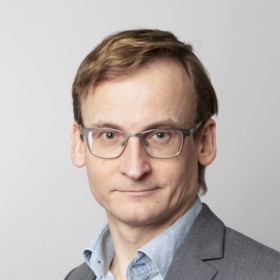
Mattlin, Mikael
Finnish Institute of International Affairs
Mikael Mattlin is currently the Acting Director of the Finnish Institute of International Affairs (FIIA), where he is also a Research Professor and leads the Center on Global Orders and China (CORD). His expertise includes Chinese politics, foreign policy, strategic competition, IR games in teaching, and cross-Taiwan Strait relations. Mattlin has previously held professor appointments at the University of Helsinki and the University of Turku, and he has led significant research projects like the FORAC research initiative on global economic dependencies. His recent work addresses strategic competition in disruptive technologies.

Ng, Iverson
Tallinn University
Iverson Ng is a junior research fellow in the School of Humanities, Tallinn University, focusing on Sino-Hong Kong legal borders. As an early career researcher of the EU-funded project ‘Advancing Trans-Regional Border Studies’ in Eur-Asian Border Lab, he attended a summer school course on borderland security in Europe in 2023, and he visited the University of Amsterdam as a guest lecturer on a Master’s course on conflict resolution this October. During his fellowship in Tallinn, he has published an analytical article on EU-Hong Kong relations and a research paper on Chinese systemic rivalry against the EU through Hong Kong’s para-diplomacy in Europe in the Prague-based thinktank ‘China Observers in Central and Eastern Europe’(CHOICE). His forthcoming article on changes in Sino-Hong Kong legal borders will be published in a Special Issue entitled ‘Beyond Human Bordering: Actors of Change and Connectivity’ in the Journal of Borderland Studies.

Nicolas, Françoise
French Institute of International Affairs IFRI
Françoise Nicolas is a Senior Advisor at the French Institute of International Relations (IFRI) and was previously the Director of the Center for Asian Studies until early 2024. Her research covers economic development and regional integration in East Asia, with particular attention to foreign direct investment and globalization’s impact on the region. Nicolas also has extensive experience in policy consultation, working with the OECD on Southeast Asian economies and teaching at institutions such as Sciences Po and Paris 8 University. Her recent work involves analysing economic strategies in East Asia and the implications of China’s Belt and Road Initiative.

Nitza-Makowska, Agnieszka
University of Tartu / Collegium Civitas
Agnieszka Nitza-Makowska is an Assistant Professor and Head of Asian Studies at Collegium Civitas in Warsaw, Poland, and a Research Fellow at the Asia Centre, UniversitUniversity of Tartu Asia Centrey of Tartu, Estonia. Her PhD, titled Political Conditions of Democracy in India and Pakistan – A Comparative Analysis, was defended at the Polish Academy of Sciences and was based on fieldwork with political elites in both India and Pakistan. Her current research focuses on soft power, sustainable connectivity, and environmental diplomacy, with a regional emphasis on India, Pakistan, and China. She has published in journals such as the International Journal of Cultural Policy(Routledge) and the Journal of Peacebuilding and Development (SAGE).

Pawełczyk, Adam
University of Silesia
Adam Pawełczyk is a PhD student in political science at the University of Silesia in Katowice (Poland). He holds a master’s degree in journalism and social communication. His main research interests are the Chinese political system and Chinese media. His current doctoral dissertation focuses on political leadership in the People’s Republic of China, characterizing and comparatively analyzing the governing styles of the leaders of the People’s Republic of China from Mao Zedong to Xi Jinping.
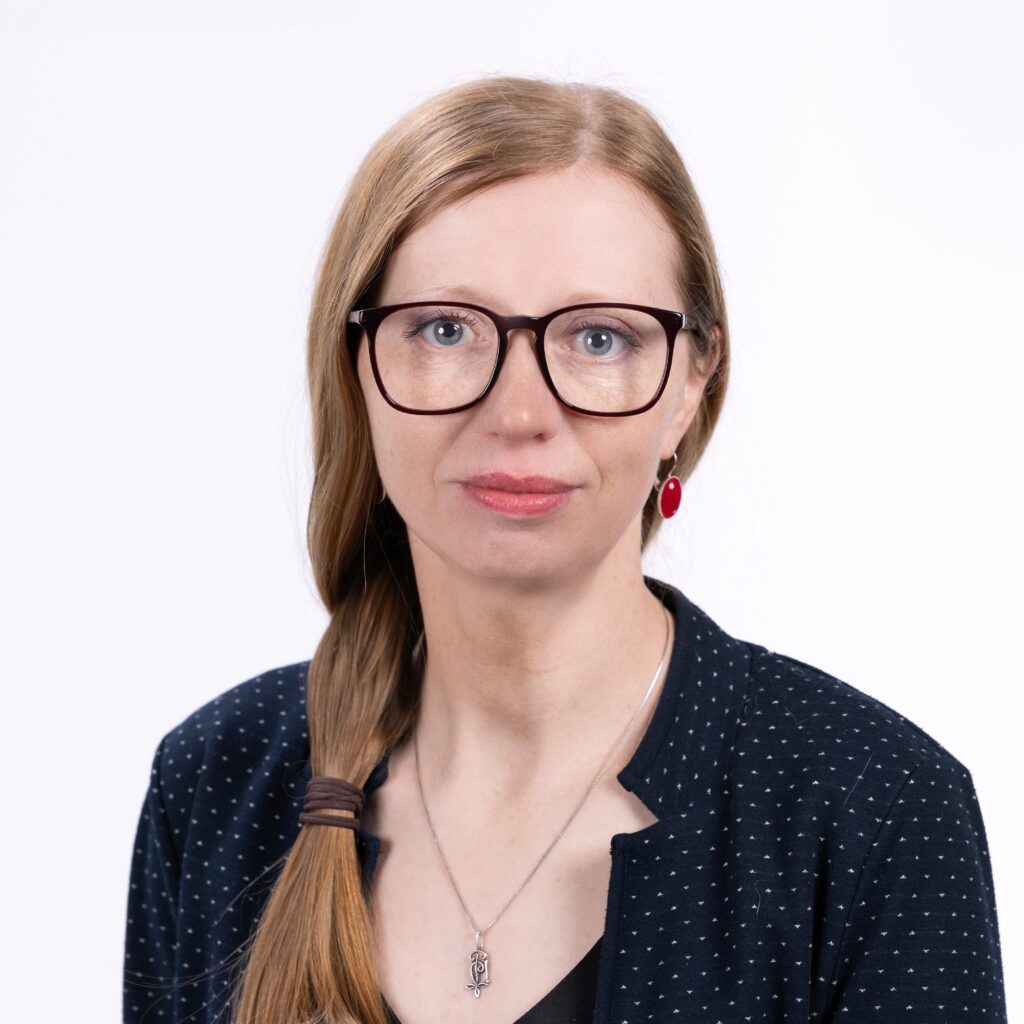
Evelyn Pihla
University of Tartu Asia Centre
Pihla, Evelyn is the Head of Communication at the University of Tartu Asia Centre. In her daily work, she ensures that information about the centre’s activities reaches out to the broader public within the university and beyond. In addition, she builds up the communication strategy of the Asia Centre. She is also employed at Johan Skytte Institute for Political Studies, University of Tartu.
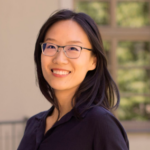
Qiaoan, Runya
UniTartu, Asia centre
Runya Qiaoan is an assistant professor and senior researcher at Palacky University Olomouc, as well as an analyst at the Central European Institute of Asian Studies (CEIAS). Her research interests lie in civil society, social governance, and international relations, mainly through the lens of cultural sociology. She has extensively studied civil society’s role in China, with a focus on advocacy strategies and state-society relations, and authored the book Civil Society in China: How Society Speaks to the State. Qiaoan’s recent work also explores digital populism in authoritarian settings and the dynamics of China-US relations.

Rõigas, Henry
Evisec, International Centre for Defence and Security
Henry Rõigas has been a Non-Resident Fellow at the International Centre for Defence and Security (ICDS) since 2020, providing expertise on international information security and the security challenges posed by emerging digital technologies. He is currently the founder of Evisec, a company focused on cybersecurity solutions. Previously, he served as the Principal Threat Analyst at Nortal’s Cyber Security Consulting team. Henry has held key roles in both the private and public sectors, including Chief Strategy Officer at Sentinel, where he led efforts to develop an AI-based threat detection platform to combat deepfakes and information warfare. Before that, he was the Head of Research and Innovation Cooperation at Guardtime, a data security company. Earlier in his career, Henry was a policy researcher at the NATO Cooperative Cyber Defence Centre of Excellence, where he published analyses and led international cybersecurity projects.

Seaman, John
French Institute of International Relations
John Seaman is a Research Fellow at the French Institute of International Relations (IFRI), where he joined in 2009. His work primarily focuses on East Asian geopolitics and political economy, with a strong emphasis on China’s energy policies, foreign policy, and economic strategies. He is also deeply involved in analysing China’s role in international standardization, particularly regarding technology and natural resources like rare earth elements. Seaman has contributed to various European research initiatives on China and holds a Master’s in International Affairs from Sciences Po, Paris.
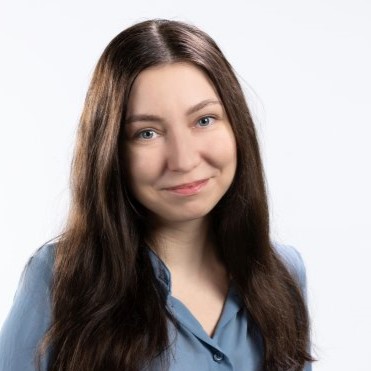
Sinitsyna, Anastasia
University of Tartu Asia Centre
Anastasia Sinitsyna is a researcher at the Asia Centre, University of Tartu, specializing in EU-Asia relations with a focus on China. She has a strong background in migration studies, with publications in internationally recognized journals such as Social Inclusion and Housing Studies. Anastasia holds a master’s degree in quantitative economics (University of Tartu) and has completed research exchanges at Kiel University and the Norwegian University of Life Sciences. Her work spans migration studies, geoeconomics, and international trade agreements, and she plays a role in organizing academic events.

Shen, Wei
editor-in-chief Asia Europe Journal, Zhejiang University
Wei Shen is the Editor-in-Chief of the Asia Europe Journal, the Qiushi Chair Professor at the Department of Political Science, School of Public Affairs at Zhejiang University in Hangzhou, China, and the Vice-Chair of Europe Asia Centre, Belgium. He is the holder of the Jean Monnet Chair in EU-China relations and specialises in international relations, migration and global cities. Prof Shen previously held academic and leadership positions at Deakin University (Australia), Lancaster University (UK) and ESSCA School of Management (France). He is the Series Editor of the Routledge Handbook on ‘Europe in the World’ and currently sits on the international advisory board of a number of Australian, Chinese, French and German universities and business schools. Prof Shen received his university education in the Netherlands, Italy, Germany, Sweden, France and the UK, worked for international organisations such as IFAD, IOM, UNESCO and ASEF, as well as an adjunct/visiting professor at Sciences Po Paris, IEP Strasbourg, Antwerp Management School, FU Berlin, Bayreuth, Bochum, De Monfort and Ljubljana universities among others.

Szüdi, Gábor
Centre for Social Innovation
Gábor Szüdi is a researcher and project manager at the Centre for Social Innovation (ZSI) in Vienna. His work focuses on research and innovation policies, social innovation, and the knowledge economy, with particular interest in science diplomacy and the governance of digital technologies. Szüdi has managed numerous EU-funded projects, including initiatives related to ethics in research, open science, and EU-China cooperation in artificial intelligence and big data. His academic background includes a PhD in Economic Policy and a history of involvement in policy development roles, particularly in research and technology programs.
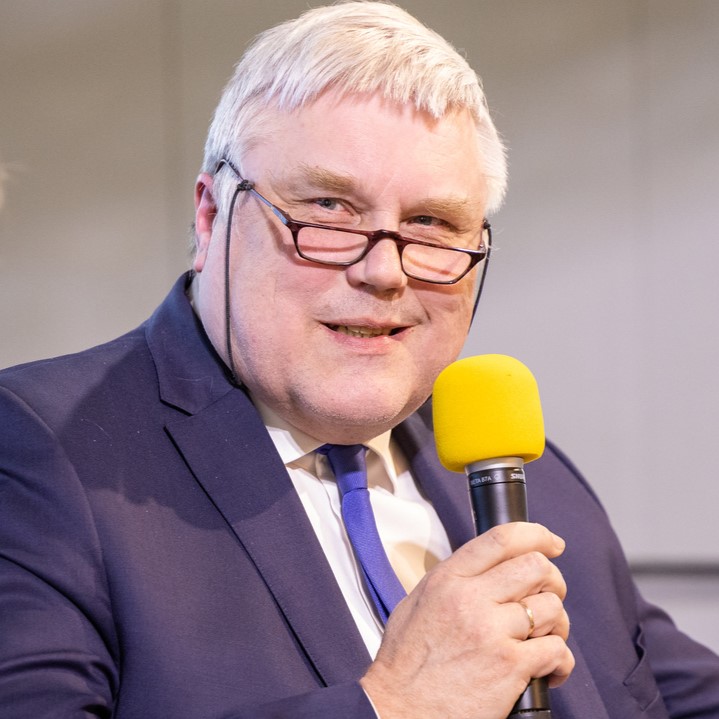
Streimann, Alar
Estonian Ministry of Foreign Affairs / University of Tartu
Alar Streimann is an Estonian diplomat and professor at the University of Tartu. He has served in various high-level diplomatic roles, including as Estonia’s Ambassador to France and Germany, and has been actively involved in shaping Estonia’s foreign policy. Streimann has extensive experience in European affairs, international relations, and diplomacy, particularly within the context of EU foreign policy. At the University of Tartu, he shares his deep knowledge of diplomacy and international relations with students and researchers. His expertise includes EU-China relations, security, and geopolitical strategy.

Sutt, Andres
MP, Former Minister of Entrepreneurship and Information Technology at the Government of Estonia
Andres Sutt is a member of the Estonian Parliament and formerly served as the Minister of Entrepreneurship and Information Technology from 2021 to 2022. During his tenure, he promoted digital innovation, cybersecurity, and the Estonian startup ecosystem, also playing a key role in the rollout of 5G technology. Sutt has an extensive background in financial stability, having worked at the Bank of Estonia as Deputy Governor and at international institutions like the IMF and European Stability Mechanism. He continues to contribute to the public sector, serving on various non-profit boards, and holds a master’s degree in economics and finance from the University of Tartu.
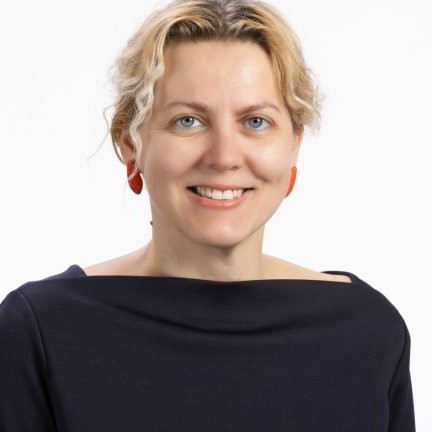
Süld, Elo
University of Tartu Asia centre
Elo Süld is the head of the Asia Centre and lecturer at the School of Theology and Religious Studies, University of Tartu, Estonia. As the head of the Asia Centre, she initiates new partnerships and projects to bring Asia and the Middle East closer to Estonia at both the academic and societal levels. In her research, Süld focuses on the Qur’an, Islamic religious diversity and comparative theology.

Turcsanyi, Richard
Palacky University Olomouc
Turcsanyi, Richard is an Assistant Professor at Palacký University Olomouc and a Program Director at the Central European Institute of Asian Studies (CEIAS). His research centres on Chinese foreign policy, China’s relations with Central and Eastern Europe (CEE), and the broader dynamics of China-EU engagement. Turcsányi has led significant public opinion surveys on perceptions of China in various regions and is the author of Chinese Assertiveness in the South China Sea, which examines China’s strategic behaviour. He has also participated in projects related to the Belt and Road Initiative and China’s influence in Europe.
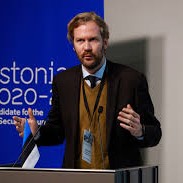
Tõhk, Tauno
International Centre for Defence and Security
Tauno Tõhk is a Research Fellow at the International Centre for Defence and Security (ICDS), specializing in China and Chinese foreign interference. Prior to joining ICDS, he led the team addressing Chinese Foreign Information Manipulation and Interference (FIMI) at the European External Action Service (EEAS) in Brussels for over four years. Before that, he served as a member of the Cabinet for the European Commission Vice-President for the Digital Single Market, where he coordinated the EU’s efforts to combat disinformation. Earlier in his career, Tauno was a media adviser to the Estonian Government and the Prime Minister. He has also lived and studied in China and lectured on contemporary Chinese politics at universities in Estonia.
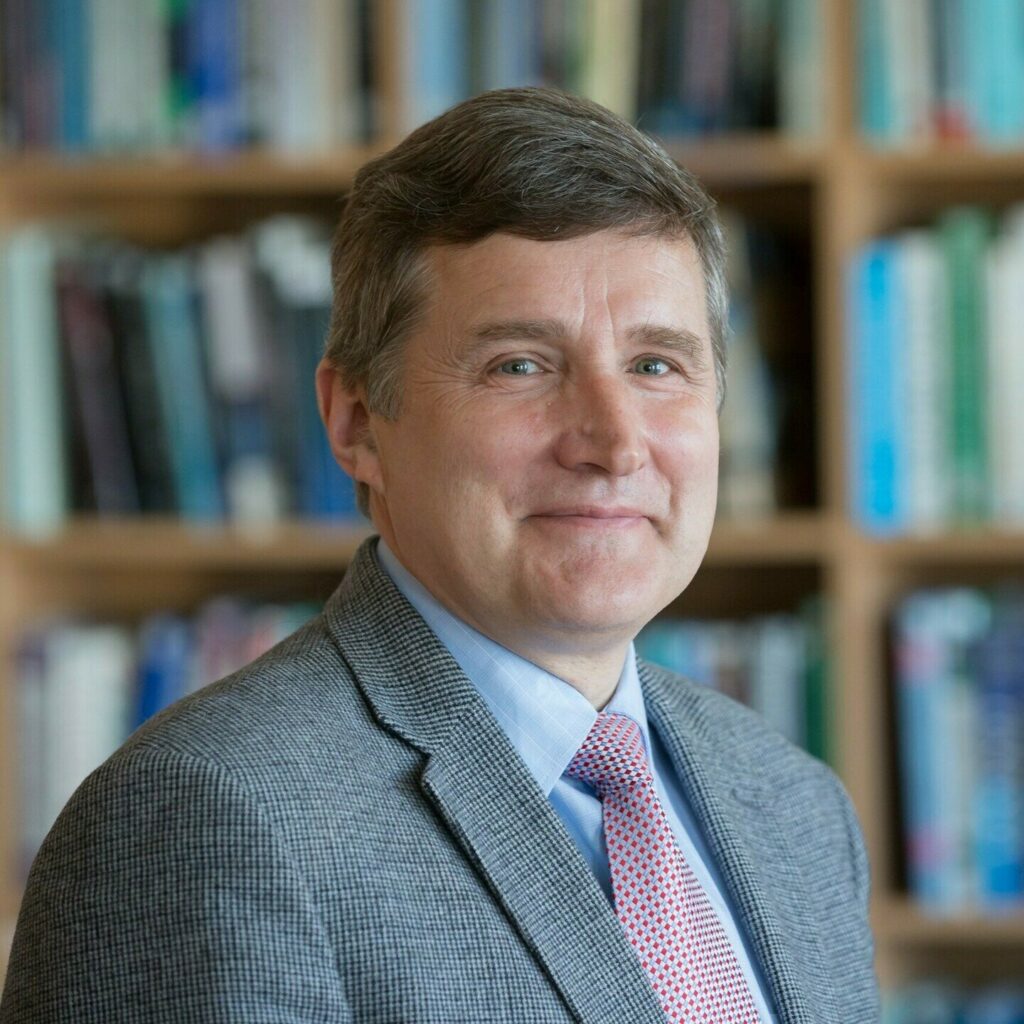
Varblane, Urmas
University of Tartu
Urmas Varblane is a Professor of International Business at the University of Tartu and the Chair of the Supervisory Board of the Bank of Estonia. His research focuses on international economics, foreign direct investment, innovation, and economic policy in the Baltic region. Varblane has been actively involved in advising on Estonia’s economic development strategies. He has also contributed to numerous publications examining economic resilience, university-industry collaboration, and regional competitiveness in Europe.

Weatherley, Robert
University of Cambridge / University of Tartu
Robert Weatherley is an Affiliated Lecturer at the University of Cambridge, where he teaches modern Chinese politics and history in the Faculty of Asian and Middle Eastern Studies. His research explores Chinese nationalism, human rights, and the legitimacy of the Chinese Communist Party. Weatherley has published several works on topics such as internet nationalism and historical narratives in China, including the book Making China Strong: The Role of Nationalism in Chinese Thinking on Democracy and Human Rights.
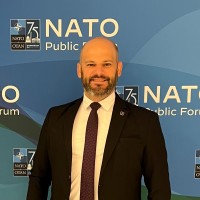
Wierenga, Louis
University of Tartu / Baltic Defence College
Louis Wierenga is a Lecturer in International Relations at the Baltic Defence College in Estonia. Prior to that, he worked at the University of Tartu’s Johan Skytte Institute since 2015. He is a political scientist and researcher and has specialized in far-right movements, populism, and digital politics in Europe. His previous work focuses on the intersection of far-right ideologies, identity politics, and digital media, particularly within the context of European political landscapes. Louis has published widely on these topics and frequently contributes to academic discussions and conferences on populism and right-wing extremism. His expertise also includes the role of digital platforms in shaping political discourse and mobilization. Currently, Louis is researching the role of multilateralism and technology with the Horizon Europe project “REMIT” and his current work focuses on NATO, geopolitics and the international security environment.
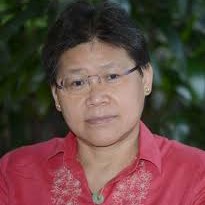
Yeo, Hwee Yeo
National University of Singapore
Lay Hwee Yeo is the Director of the European Union Centre in Singapore, a Senior Fellow at the Singapore Institute of International Affairs, and an Adjunct Senior Fellow at the S Rajaratnam School of International Studies (RSIS). Her research focuses on comparative regionalism, multilateralism, and Asia-Europe relations, with particular attention to EU-ASEAN dynamics and the Asia-Europe Meeting (ASEM) process. Yeo is actively involved in policy dialogues and has contributed extensively to discussions on the evolution of regional governance frameworks and inter-regional cooperation.
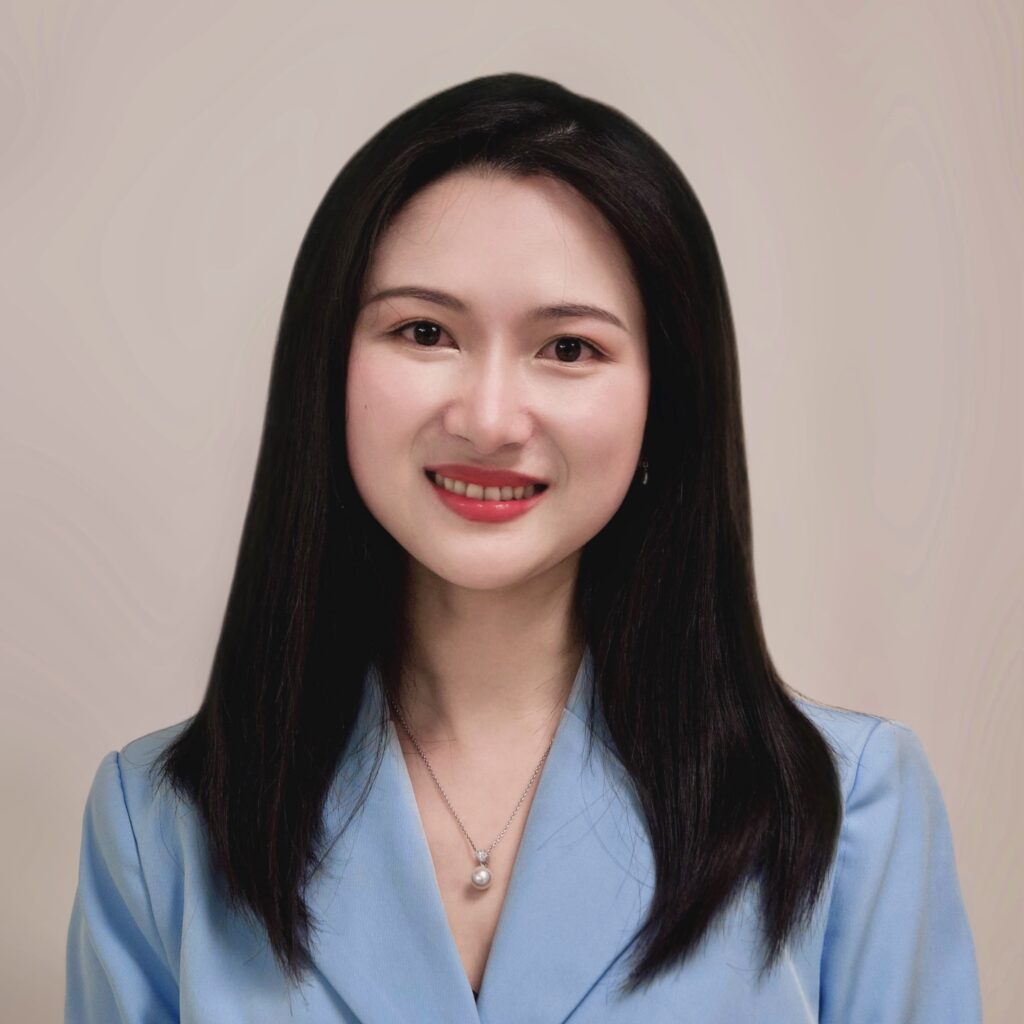
Zhao, Huanyu
Ghent University
Huanyu Zhao is a postdoctoral researcher and guest lecturer at Ghent University, with expertise in global governance, international political economy, and China’s foreign policy. As the scientific researcher and manager of the ‘ReConnect China’ project, she oversees the coordination of research and management efforts across the consortium and China cluster consortia, contributing to multiple work packages to ensure effective collaboration and impactful outcomes. Zhao holds positions in several professional networks, serving as Vice-Head of the Marie Curie Alumni Association China Chapter, an EU COST expert, and a member of the EU-KNOC Core Group and the FWO Global Governance Research Community.

van der Zwan, Gul-i-Hina
Leiden University
Gul-i-Hina van der Zwan is a Lecturer at the Institute of Political Science, Leiden University, and an affiliated Research Fellow at the International Institute of Asian Studies (IIAS). Her research examines the role of rising China vis-à-vis its impact on democratic governance, international development, and geopolitics. Specifically, she examined Chinese investments and engagement under the Belt and Road Initiative (BRI) and their political implications on democratization and regime changes in partner countries in Asia. She has contributed to the ‘Building the New Silk Road. China’s Belt and Road Initiative in Context project at IIAS from 2019 until 2022. She has engaged in numerous research initiatives and has published on Chinese Linkage and Leverage in Asia, as well as the China-Pakistan Economic Corridor (CPEC). She holds a PhD in Political Science from the University of Milan, Italy, and has previously taught at the University of Groningen, the Netherlands.

